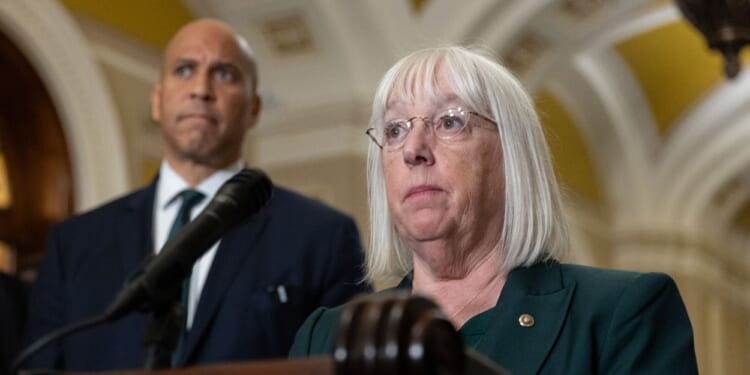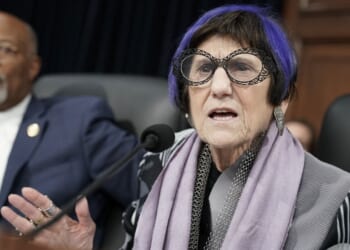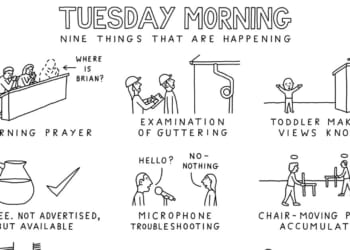Senate Democrats have blocked paying essential federal workers as the government shutdown continues into its fourth week.
In a vote of 54-to-45, a bill sponsored by Sen. Ron Johnson, R-Wis., to pay essential federal workers, including active-duty members of the U.S. military, failed to clear the Senate’s 60-vote threshold to become law.
Democrat Sens. John Fetterman of Pennsylvania, Jon Ossoff of Georgia, and Raphael Warnock of Georgia joined Republicans in the Senate to vote for the measure.
“Shut our government down and America loses. 2 MILLION Pennsylvanians depend on SNAP to feed their families. For me, it’s hungry Americans over party. Paying our military over party. Paying Capitol Police and federal workers over party. I choose country over party,” Fetterman, D-Pa., posted on the social media platform X on Wednesday.
The Wisconsin senator’s bill would have paid all federal employees who are working during the government shutdown because they have been determined to be essential. It also would have compensated certain federal contractors who are critical to supporting the federal government during a shutdown.
Republicans have made clear through repeated efforts to pass their stopgap spending continuing resolution and an attempt to fund the Department of War individually that they want what has become the second-longest federal government shutdown in history to end.
Those efforts have been thwarted by Senate Democrats, ostensibly over extending the temporary COVID-19-era Obamacare enhanced subsidies. The subsidies have been criticized for subsidizing abortion and transgender procedures, as well as likely leading to tens of billions of dollars in fraud against American taxpayers.
In total, Democrats are demanding $1.5 trillion in additional spending through extending the temporary subsidies, as well as other demands, such as ending the savings from the “One Big, Beautiful Bill.” This new spending would have been taken out as additional national debt over the course of the next 10 years, even as the national debt has surpassed $38 trillion.
Thousands of federal workers have been furloughed during the shutdown, which has also led to the closure of the Smithsonian museums and the National Zoo. Federal employees, by law, will receive back pay for the furloughed time once the government shutdown ends if they are not compensated before then.
Last weekend, House Minority Leader Hakeem Jeffries, D-N.Y., visited California to gin up support for the Proposition 50 ballot measure, which would allow Democrats to gerrymander congressional maps in the Golden State. The measure comes after the Republican efforts to redistrict in Texas and Missouri.
















